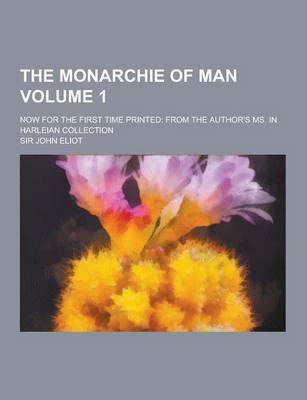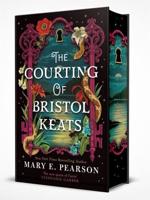Publisher's Synopsis
This historic book may have numerous typos and missing text. Purchasers can usually download a free scanned copy of the original book (without typos) from the publisher. Not indexed. Not illustrated. 1879 edition. Excerpt: ... giR JOHN ELIOT was of good descent. One ancestor, through an intermarriage, was Sir Thomas Elyot, whose "Boke named the Gouernour" (1531) is still quick and memorable. John was born at Port Eliot, on the 20th of April, 1590. He was thus a Cornishman, with the grand blood of Devon in his veins, and from the outset was surrounded with scenes and circumstances fitted to excite a taste for rough adventure. It appears that his father was "a man of easy habits," who kept open house for all comers. His early associates were probably, therefore, more numerous and miscellaneous than worthy. A semi-mythical story of his youth--magnified and mistold by political enemies--shows him as "wilful " and impetuous--fruits of paternal indulgence. I find nowhere information on his mother. 1 Quotations when not otherwise stated are derived from Forster's "Biography," as before. He lost his father in June 1609, when he was in his twentieth year. He had then teen at the University from 1607. "He became," says Anthony Wood, "a gentleman commoner of Exeter College.'in Michaelmas term, anno 1607, aged 15" nearly 17. F'e left the University "without a degree," after studying there "about three years." Doubtless his father's death had to do with the abrupt termination of his college career. That he had read much, and to purpose, he afterwards abundantly showed; for, as his biographer claims, in "quickness and completeness of classical allusion Eliot had no rival in Parliament." His books of the "ancient learning" came to be his soul's lifeblood. More than this, "to the habits and commencements of this early time, must also be ascribed the fervency and simplicity of his religious belief." I think of him as exemplifying Milton's splendid portraiture of the Lord...























